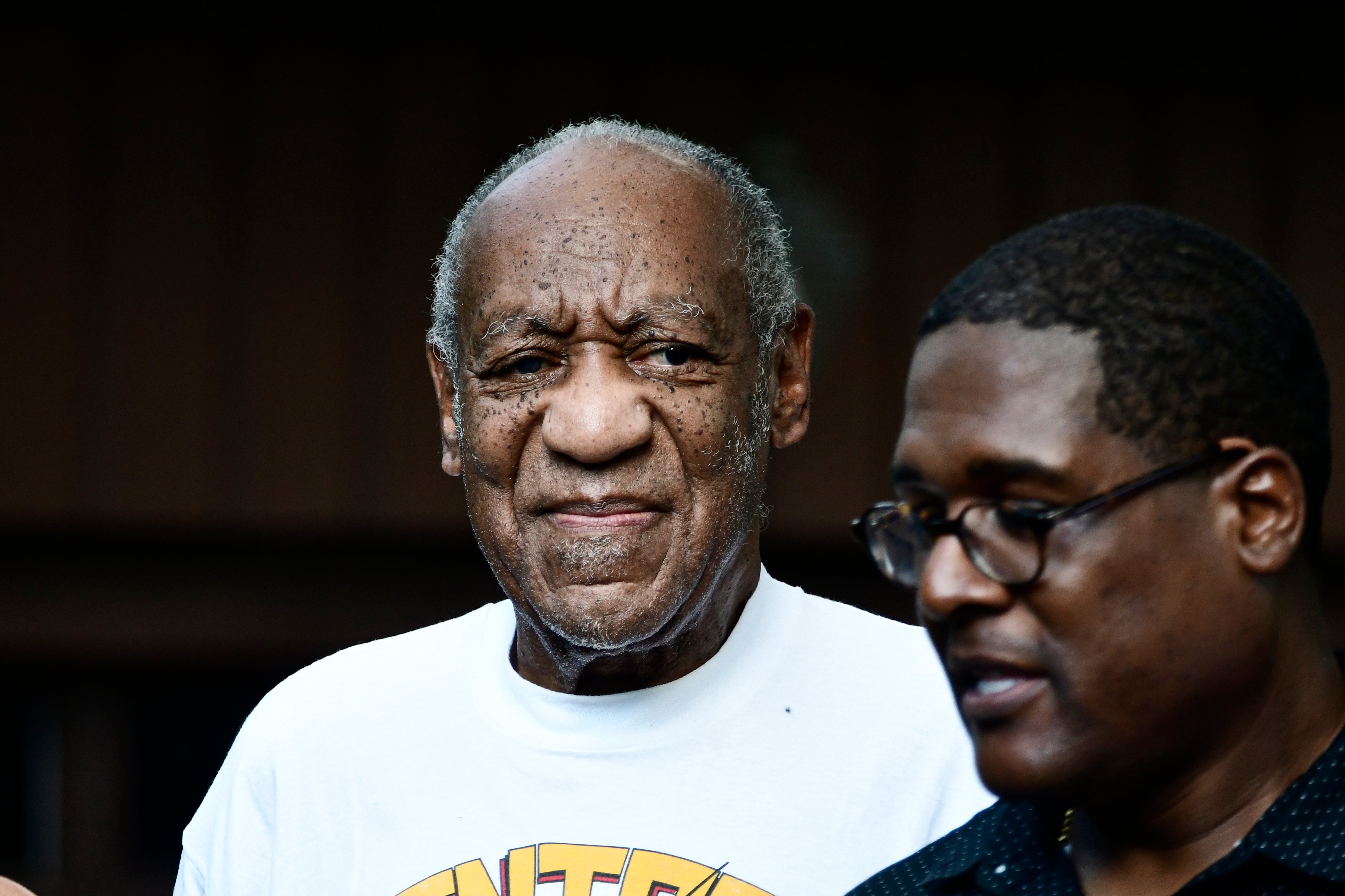The strange, muddled reasons why Bill Cosby was released
Deals were made and judges scrutinized every word in every document from a 2004 press release to the Constitution

On June 30th, seven justices in the Supreme Court of Pennsylvania decided to release Bill Cosby from prison. This was due, they said, to an agreement Cosby had had with former District Attorney Bruce Castor not to use his deposition testimony from a civil suit in the future.
In 2005, Castor made a deal with Cosby for immunity, not because he thought it was a great deal or because he didn’t believe Andrea Constand’s claim of sexual assault in 2004. He made it to give her some sense of justice, some form of acknowledgment. He wanted Cosby’s own statements from his depositions allowed in the civil matter where he could not refuse to testify under the Fifth Amendment. Though the testimony was damning, the criminal case was thought to be dropped — permanently. There would be no charges for any crimes related to Andrea Constand. However distasteful it seemed, the civil case would have to be it. Case closed. Not everyone agreed with Castor’s decision to force Cosby to give up his right against self-incrimination but it was done.
Fast-forward to the criminal trial and we had a big problem. Yes, there were plenty of other women who came forward alleging similar sexual assaults, but their testimony was limited. The spectacle of the camera crews, the interviews, and women across the country were put under the electron microscope. It was disappointing that sexual assault was turned into a circus. I was fearful for those women who would not have their testimony heard and still suffer the scrutiny.
Yet, as terrible as his deposition statements were in the civil case, they were brought out against Cosby in the criminal trial. His once protected words would now put him in jail. It made the case. And as women across America cheered, held signs and said good riddance, I did too.
But, as often happens in the legal system, that wasn’t the end of the story.
Not all seven justices agreed to release Cosby. Justice Thomas G. Saylor wrote a dissenting opinion regarding the deal made with former Castor on a number of points. He states he “disagrees with the majority’s determination that the press release issued by former District Attorney Bruce Castor contained an unconditional promise that the Commonwealth would not prosecute Appellant in perpetuity.” He goes on to say the press release from 2004 only specified that the office “declines to authorize the filing of criminal charges in connection with this matter.” He stated there was no permanency in the deal when it came to Cosby’s testimony in the future with an “unwritten promise” and “nothing about forever immunity.” It was all about prosecutorial discretion at that time. Sure, okay.
To muddle the process of how this all works further, Justice Kevin M. Dougherty had both a concurring and dissenting opinion. He acknowledges the deal was made to force Cosby to give up his Fifth Amendment right and created a “bait and switch” by the government years later in the criminal trial. He acknowledges the confusion in Castor’s belief that no prosecution could ever be brought again — ever. But the majority never addressed if this was an accurate statement of law. This Justice sounds the alarm that Castor’s speech was iffy at best and he doesn’t want to be associated with that view or the majority view, adding, “I respectfully distance myself from it.”
So, deals were made; justices argued, pondered, and assessed all of the language they could, from a press release in 2004 to a defendant’s sealed testimony to the Constitution. In the end, none of it matters. We still have both sides hurting today and asking how and why this could happen again, to any of us.
No doubt, the court of public opinion will have its say on whether they agree or disagree with the appellate court. Either way, it’s a bad situation for all involved — the original complainant, Andrea Constand; the others who bravely took the stand; and everyone else who becomes involved in the American legal system.
Join our commenting forum
Join thought-provoking conversations, follow other Independent readers and see their replies
Comments
Bookmark popover
Removed from bookmarks